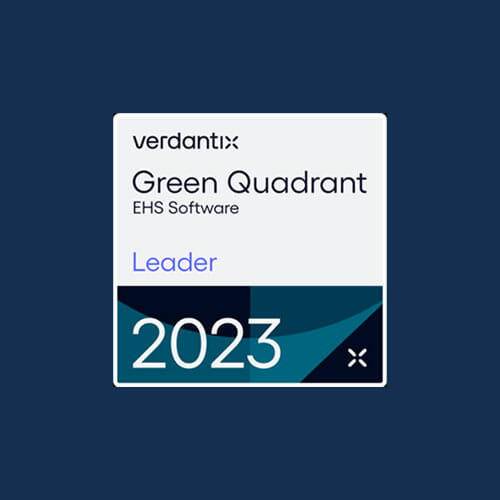The Science Based Targets initiative (SBTi) recently released an annual progress report “From ambition to impact: How companies are cutting emissions at scale with science-based targets”. This report aims to reflect and report on the five years of progress in setting science-based climate goals and setting a baseline for the decade of ambition ahead.
In this report, the SBTi highlights that there are just 10 years left to halve global emissions (in line with the Paris Agreement) and the critical role businesses have to play in driving government ambition and reducing emissions to avoid irreversible and catastrophic climate change.
The Science Based Targets Initiative (SBTi)
The SBTi encourages bold climate action in the private sector by empowering companies to set GHG emissions reduction targets aligned with what climate science shows is needed to avert catastrophic climate change. Founded in 2015, the SBTi is a partnership between CDP, the United Nations Global Compact, World Resources Institute (WRI) and the World-Wide Fund for Nature (WWF).
Over 1,000 companies spanning 60 countries and nearly 50 sectors – including one-fifth of the Global Fortune 500 – are working with the SBTi to reduce their emissions at the pace and scale necessary to prevent the worst effects of climate change.
Companies with Science-Based Targets Reduce Emissions at Scale
SBTi’s report finds companies with science-based targets have delivered emissions reductions at scale. It analyzed 338 companies and found that collectively they have reduced annual emissions by 25% between 2015 and 2019 – a difference of 302 million tonnes of CO₂e, the same as the annual emissions from 78 coal-fired power plants. More recently, between November 2019 and October 2020, almost 400 new companies started working with the SBTi to reduce their emissions.
2021 – A Year of Opportunity for Business Leaders to Seize
The report reminds us that five years on from the signing of the Paris Agreement and amidst the urgent challenges of COVID-19, 2021 will be a key year for accelerating climate action. Companies setting science-based targets are making real and measurable differences in fighting climate change, but there is still much to be done.
By working towards ambitious targets and annually disclosing their progress, businesses from all sectors and regions can play a vital role, and give a clear signal to governments that they are ready for ambitious, bold policy.
The effect of more and more companies setting science-based targets is powerful. The planned future emissions reductions of companies with SBTs are projected to channel up to US$25.9 billion of new Investment into climate mitigation activities in the next decade.
The inclusion of Scope 3 emissions in science-based targets is common (almost 94% of companies with targets incorporate them) which is also driving significant changes in supply chains.
As leaders call for greater climate ambition, having access to reliable data and embedding transparency in disclosures will become more essential in 2021.
Science-Based Targets with Cority
Cority’s Sustainability Performance Management software enables companies to acquire and manage the data needed to set a Science-Based Target. In addition, Cority’s client services team provide clients with guidance on committing to and setting SBTs for their organizations. Once set, clients can use Cority’s Sustainability Performance Management software to manage and track progress against targets over time. To find out more, sign up for a Cority Sustainability Performance Management software demo.











